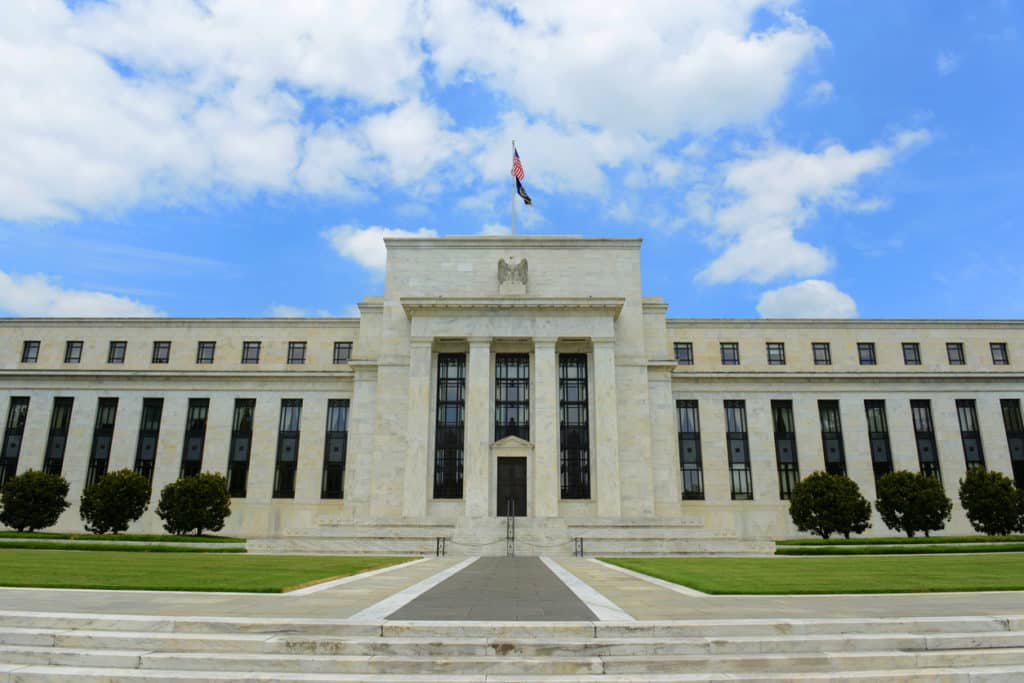Dennis Kelleher, Co-founder, President and CEO of Better Markets, issued the following statement on the Federal Deposit Insurance Corporation (FDIC) Board’s support for proposed changes to the enhanced supplementary leverage ratio capital requirement:
“Letting ideology, Wall Street’s CEOs, and the industry’s special interests drive decisions, rather than facts, merit, and the public interest, the FDIC and the Fed are marching in lockstep to mindlessly deregulate the industry, just as they did in the years before the 2008 crash. While denying reality, making up your own facts, listening only to people who already agree with you, and claiming superficial pretexts to justify your conduct are in vogue today, that won’t stop the next catastrophic crash from happening – in fact, it makes that crash inevitable. That is what the FDIC, the Fed, the other financial regulators and the Trump administration more broadly are doing.
“The only thing standing between a failing bank, a financial crisis, a taxpayer bailout, and economic and human catastrophe is the amount of capital a bank has to absorb its own losses. The proposal by the FDIC to significantly lower capital requirements repeats the Fed’s dereliction of duty. These proposals would ensure that the largest, most dangerous Wall Street megabanks are much more likely to fail and result in taxpayer bailouts and depositor losses when they do fail. That, along with the other deregulatory actions by the FDIC (detailed here and here), will bring the country more quickly towards the next significant financial crash.
“The proposal would reduce capital requirements by an astonishing 27 percent at the depository institution subsidiaries of the global systemically important banks (GSIBs). There is no possible justification for the FDIC supporting this. Protecting the Deposit Insurance Fund and the savings accounts of Main Street Americans is the core mission of the FDIC, but this proposal is in direct opposition to fulfilling that mission and is clear evidence that the FDIC is putting Wall Street interests above the best interests of Main Street Americans. Moreover, the pretext for the proposal, supporting Treasury market functioning, is not the responsibility of the FDIC, and even that pretext is rebutted by research from the Fed itself. Finally, and to make the situation worse, the FDIC is effectively ceding its regulatory authority to the Fed by anchoring its regulations to the so-called GSIB surcharge, a separate regulation primarily controlled by the Fed.
“Moreover, the FDIC’s decision disadvantages community banks, the primary set of banks under FDIC authority. The largest banks in the U.S. already have as much leverage as the largest hedge funds, and in many cases, much higher than levels allowed for community banks. The changes proposed today will allow for additional increases in large bank leverage, while at the same time, exposing large banks, community banks, and the economy to systemic risk. That’s great for the Wall Street megabank CEOs and shareholders because more leverage means a higher return on equity, higher shareholder payouts, and higher executive bonuses. But it’s bad for hardworking Main Street Americans and community banks because lower capital means more bank failures, financial crises, and taxpayer bailouts.
“The FDIC’s action, and the Fed’s action, is part of a more comprehensive plan to deregulate the banking industry, which is undermining the financial regulatory agencies’ credibility and integrity. The capital framework proposed after the 2008 crash was designed to prevent the biggest, most dangerous banks from engaging in highly leveraged, high-risk activities that threaten the financial stability and economy of our country. That framework had two mutually complementary aspects that ensured banks would have enough capital and not require taxpayer bailouts. One part was based on risk, and the other was based on the overall amount of leverage at the bank. These two requirements were designed to work together to prevent Wall Street’s megabanks from endangering Main Street families. The FDIC’s proposal undermines this two-part approach, lowering the leverage requirement and making bank failures, crises, and bailouts much more likely.
“Bank depositors, taxpayers, and all Main Street Americans deserve better from FDIC leadership. Shamefully, the FDIC’s leadership is following along with the deregulatory plan laid out by the Trump Administration at the expense of the American taxpayers and savers—the exact people who the FDIC is supposed to be protecting.”
Source: Better Markets







